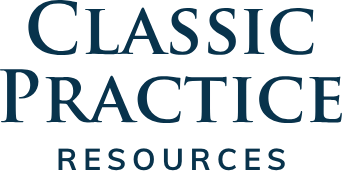As I share how ac tions and words of the dental team may increase or prevent cancellations, I can’t leave out this one on breaking agreements with patients.
tions and words of the dental team may increase or prevent cancellations, I can’t leave out this one on breaking agreements with patients.
I see practices calling patients to move up their appointments as they try to fill open time on the schedule. This is after they made an agreement with the patient to come in on a specific day and at a specific time. I realize it is an effort to try to fill last minute schedule changes or to keep the schedule full. That is important, but I want you to look for other resources within your practice to do this. Most practices have hundreds, maybe a thousand or more patients needing to see the hygienist. If you don’t believe me, generate a report showing patients due for recall and go back two or three years. In addition to all the hygiene patients due, you have dozens and dozens of patients needing to get in doctor’s chair. Some practices have a million dollars in diagnosed outstanding treatment.
Focus on all the patients that you have with outstanding treatment and there are a lot of these folks, and they need to get in. Making an agreement with a patient in regards to an appointment time and calling to move them to another time because you guys had a cancellation, is not a good thing to do. It’s sending the wrong message and it’s bad manners unless they requested it. Once you make an agreement about an appointment time and call to change it, It sends a message to the patients that people do cancel appointments and it is normal. They get the idea that you can just call some other patient to take their spot if they cancel.
In an earlier tip I mentioned not using the word “cancel: when speaking to patients.You can ask patients when scheduling an appointment a couple of weeks or more away if they would like you to call them if something become available. I used the word “available” because cancellations are not normal and you guys should not be expecting them. If the patient agrees to be called for an earlier appointment, that’s fine. I understand that there are situations where patients need and want to come in sooner. Place them on a Call List for Requested Times and keep good notes in the computer about the attempts to contact patients you are calling to move and the results of the calls.
Happy Scheduling!



